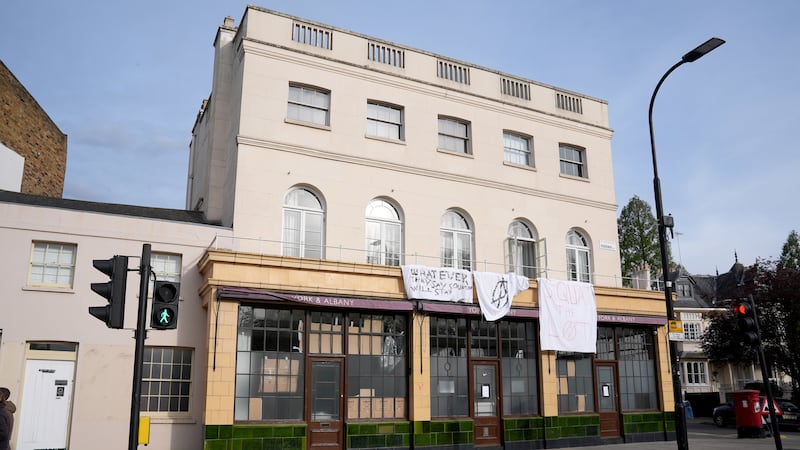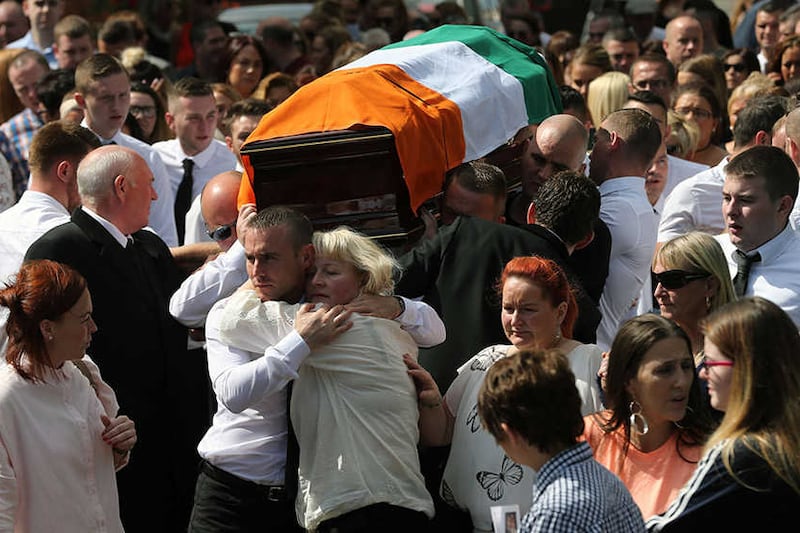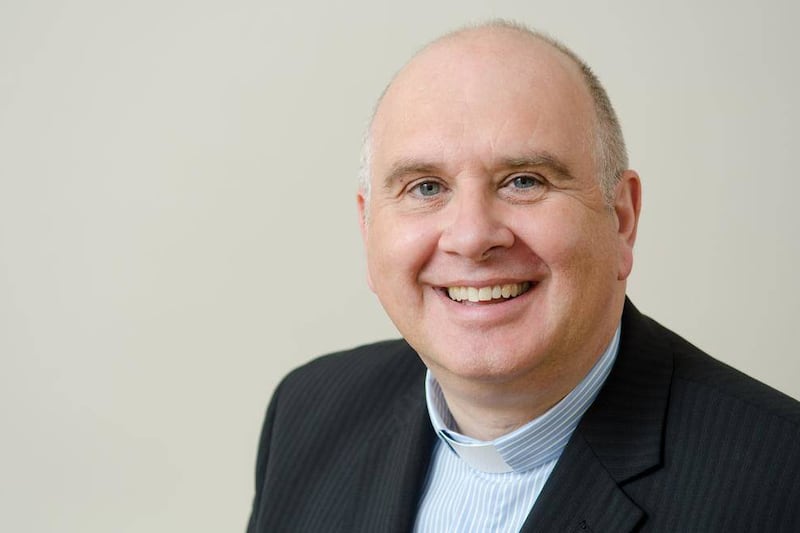YOU need only know a little about John Charles McQuaid to realise that he would not be voting 'Yes' in tomorrow's referendum to amend the definition of marriage in the Republic's constitution.
It was McQuaid who, according to some versions of history, practically co-wrote the 1937 Constitution, with its provision that the state "recognises the special position" of the Catholic Church.
It didn't quite make the Catholic Church a state Church, though it was often hard to tell the difference during McQuaid's time as Archbishop of Dublin from 1940 to 1972; a close friend of Éamon de Valera, he wasn't called the 'ruler of Catholic Ireland' for nothing.
But by the time McQuaid retired as Archbishop of Dublin, things were already changing.
In December 1972 a referendum proposal to remove the "special position" reference from the constitution was overwhelmingly passed.
If that was a move in keeping with the spirit of Vatican II and the Catholic Church's direction of travel, the same cannot be said of 2015's referendum.
The Catholic Church has been the staunchest opponent to marriage redefinition, though the tone of its contributions has been noticeably measured, restrained even. One wonders if His Grace would be amused.
Yes, there has been a barrage of letters and statements from bishops explaining their position, but they have resisted instructing people which way to vote; didacticism is dead, arguing in the Areopagus is alive.
Catholic Church leaders have sought to distance themselves from being seen as wanting to impose their views on society, preferring to argue that they have the right, as citizens, to take part in public debate.
Yes, they say, firm views on marriage are a result of religious convictions, but there are also strong 'common good' - and therefore non-religious - arguments for not redefining marriage, including the rights of children.
The Presbyterian Church has also tried to speak with "gentleness and respect" as it upholds "the historic - and Christian - view of marriage as exclusively between one man and one woman", a view shared by the Methodists.
The Church of Ireland, on the other hand, would probably rather prefer to say nothing at all.
Although its official and majority position is shared with the other denominations, long before tomorrow's referendum was even thought of it already had a small but vocal minority pressing for change.
In the best traditions of Church politics, a stalemate on homosexuality had been carefully constructed but the temptation to ignore that has proved irresistible for the liberals who have backed the 'Yes' campaign.
Where that leaves the Church of Ireland in the future remains to be seen - irrevocably divided, perhaps - but for now it is the only one of Ireland's so-called main Churches to send out mixed messages on marriage.
Whatever way the vote goes, the Churches and their committed members - the "intentional disciples", as Archbishop of Armagh Eamon Martin calls them - will still hold a certain sense of bewilderment about the desire of gay people to even want to apply the term 'marriage' to their unions.
That is a view born not of intolerance or bigotry - though that has been present in part on both sides of the argument - but out of a simple belief that marriage is, well, an institution which by definition can only be between a man and a woman.
McQuaid's Ireland is dead; but a 21st century Ireland that doesn't work out how to reasonably accommodate both the 'Yes' and 'No' camps, whoever carries the day, risks being as one-sided and partial as his ever was.








